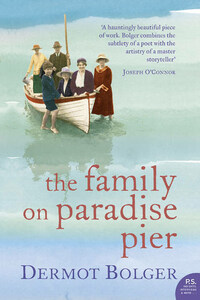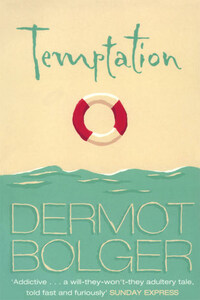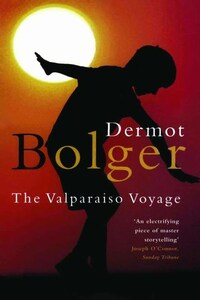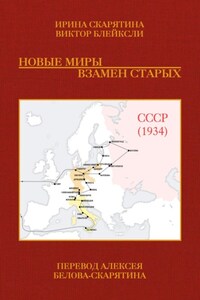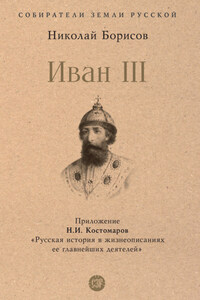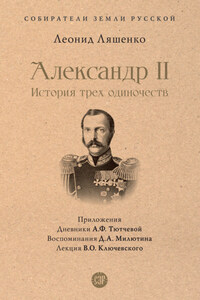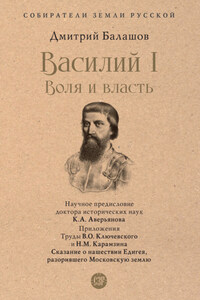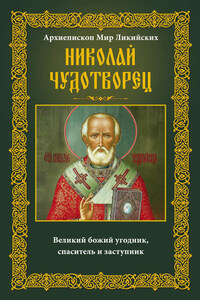A parched twilight began to close in around the unlit prisoner train. For over a week the zeks in Brendan Goold Verschoyle’s wagon had jolted across a landscape they rarely glimpsed, crushed together in putrid darkness. Only those crammed against the wooden slats ever saw the small worms of daylight flicker in through the slight cracks. Little sound penetrated into the wagon either, just the ceaseless rumble of the tracks and very occasionally a more confined echo as they passed at speed through an empty station. Sometimes the long train stopped and prisoners shifted eagerly, yearning for the noise of hammers as guards untangled barbed wire coiled around each carriage and eventually opened the doors. In the stampede to relieve themselves on the dry earth outside, dignity would be forgotten as men and women squatted together under the gaze of the guards and their dogs. But more often these stops occurred for no obvious reason. There would be no sound outside after the wheels came to a rusty halt, no footsteps, no safety catches unleashed, no orders screamed for zeks to get down on their knees and be counted. Instead the train would remain motionless for an indeterminable period during which the zeks inwardly clung to dreams of water and dry bread and fresh air to replace the rancid stink within the sealed wagons.
Eventually when the wheels slowly jolted forward again nobody would speak, even the children no longer able to make the effort to cry. Yet each zek felt a stir of relief amidst their disappointment. Because despite the demand for railway carriages no decision had been made to liquidate them. Fresh instructions must have been issued to change direction and transport them to a different gulag or some patch of barren earth where their first task would be to erect barbed-wire fences around themselves.
Hours later when the train finally stopped for them to receive a small mug of water and several ounces of bread, there would often be another corpse to be lifted off, stiffened in an upright position from having sat cradled between the legs of the chained man behind him.
Half the zeks in this carriage had no idea why they had been arrested. The Polish surname of the man behind Brendan was sufficient to implicate him in a counter-revolutionary Trotskyite conspiracy. The man who died yesterday was among workers sent by Stalin to help build a railway in China, all arrested on their return as members of a Japanese spy ring. Some had endured appalling torture while others knew only cursory interrogation by overworked troikas who took just a few seconds to concoct random treason charges before sentencing them to fifteen years.
Brendan’s position as a foreign political had become perilous in the weeks since a voice on the Tannoy in his last camp had abruptly announced Germany’s treacherous attack on the Soviet Union, with guards and zeks equally stunned that anyone – even Hitler – could dare to defy Stalin. Since then all prisoners with German names had been killed. This train contained zeks who were foreigners or had been contaminated by contact with foreigners and were therefore now classified as enemy soldiers. Still, Brendan had known worse transports. The carriage might lack the luxury of those cattle wagons where zeks could squat over a small toilet hole in the floor, but this heat was better than the cold. Today was bearable. He had managed to fully evacuate his bowels at the last stop, had savoured his mug of water and eaten most of his bread while keeping a small chunk concealed on his person. He was hungry now but would wait until the apex of this starvation before starting to slowly chew the last hunk of black bread. To be able to control when he briefly relieved his hunger gave him a sense of power.
Only two men sat between him and the wall so that when he leaned backwards there was some support. Nobody had yet soiled themselves so that no stream of urine seeped into him and there was no stink of shit. Nobody had died as yet in this wagon today or if they did they had done so without attracting attention. Nobody had tried to steal another
